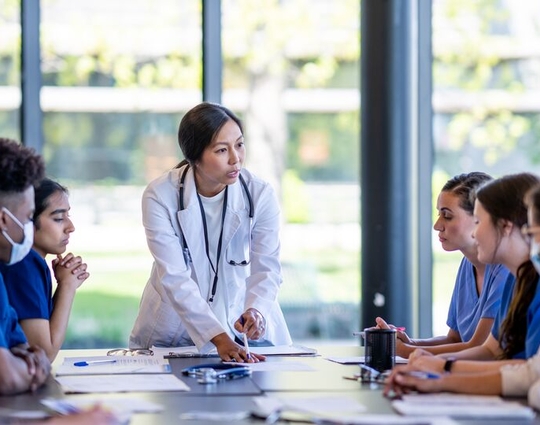The University of Brighton has a distinguished history going back to 1859 when its first classes were established in the Brighton Royal Pavilion. In 2011, the university won international recognition for its community projects through the MacJannet Prize for Global Citizenship. An independent report in 2014 calculated that the University of Brighton contributes close to £700m annually to the economy and supports more than 7,000 jobs.
Over 21,000 students study in University of Brighton programs, from foundation degrees to doctoral research programs. Courses span a range of academic and professional disciplines, and the university receives recognition for its research activity. Nursing education belongs to the School of Health Sciences. The School also provides education to approximately 3,000 students studying midwifery, physiotherapy, occupational therapy, podiatry, paramedics and public health at the bachelors, masters and doctorate levels.
Nursing education in the UK is regulated by the Nursing and Midwifery Council (NMC) which sets the standards of education, training, conduct and performance of nurses and midwives. In May 2017, NMC launched a new education consultation giving patients, the public and healthcare professionals the opportunity to shape the future of nursing. The consultation sets out proposals for a new education framework for nursing and midwifery education. The proposed framework details a range of new outcome-focused standards for education institutions and practice placement partners.
Responding to the consultation, the Royal College of Nursing highlighted the importance of current technology and digital literacy and assessment of online resources to support promotion of self-management, stating that the effective use of information and current technologies is a key enabler in delivering health and social care, now and in the future. The impact of technology and the potential that it has to transform care is a professional issue touching on care delivery, practice, education and research.



